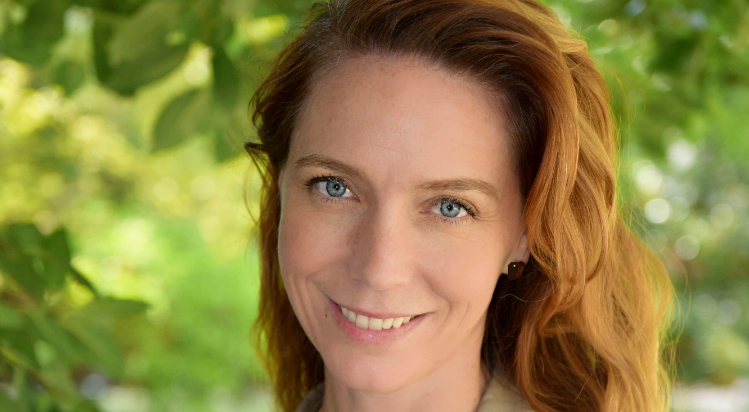A fitting tenant has first dibs on space in the Kendeda Building for Innovative Sustainable Design — even though the building is more than a year away from completion.
The Georgia Tech Global Change Program is itself only a few weeks old. After months of planning spearheaded by former Tech President G. Wayne Clough, Provost Rafael Bras announced in March that Earth and Atmospheric Sciences Professor Kim Cobb would lead the new program. It aims to coordinate courses, research and other efforts on campus that relate to global environmental challenges — with a focus on solutions.
“It’s a very big move for Georgia Tech,” Cobb said in an interview. “We’ve never have a cross-campus academic and research program to connect across so many disciplines related to these issues.”
Cobb, who’s known for her research on climate change and coral reefs, views the placement of her program as a good indicator of the types of topics that will be explored in the new building. She hopes that coordinating climate-related initiatives will put Georgia Tech in a better position to gain recognition for those efforts and to compete for research grants.
For example, the university has globally recognized laboratories on air quality, photovoltaics, batteries, electric infrastructure, air quality and climate policy, not to mention schools of architecture, city planning and building construction.
“You look around this campus, and you see these pockets of excellence, but you don’t see them grouped together,” she said. “Georgia Tech could be uniquely transfomational in thinking about climate solutions.”
Such programs and centers are fairly common at Georgia Tech. While they don’t remove classes or research from existing departments, they’re designed to coordinate cross-disciplinary work.
“A key goal is to try to make more out of these parts,” Cobb said, adding the spotlight on various efforts at Tech related to global environmental issues should help the university attract grants. “This program really aspires to start new conversations on how Georgia Tech could be moving the needle farther and faster to address these challenges.”
The Global Change Program was itself seeded by a $500,000 grant from the Atlanta-based Ray C. Anderson Foundation. The Kendeda Building, which is slated for completion in summer 2019, has been funded by a grant from the Kendeda Fund.


